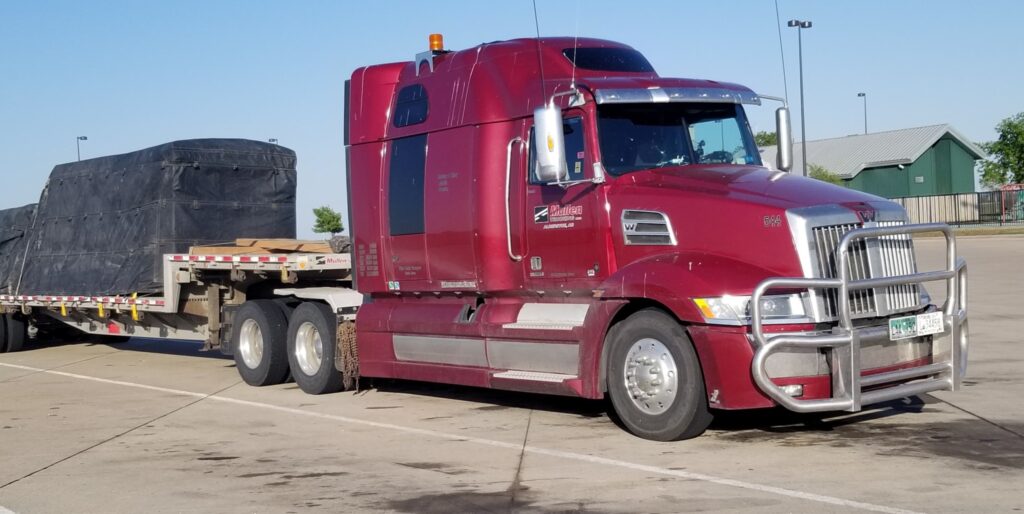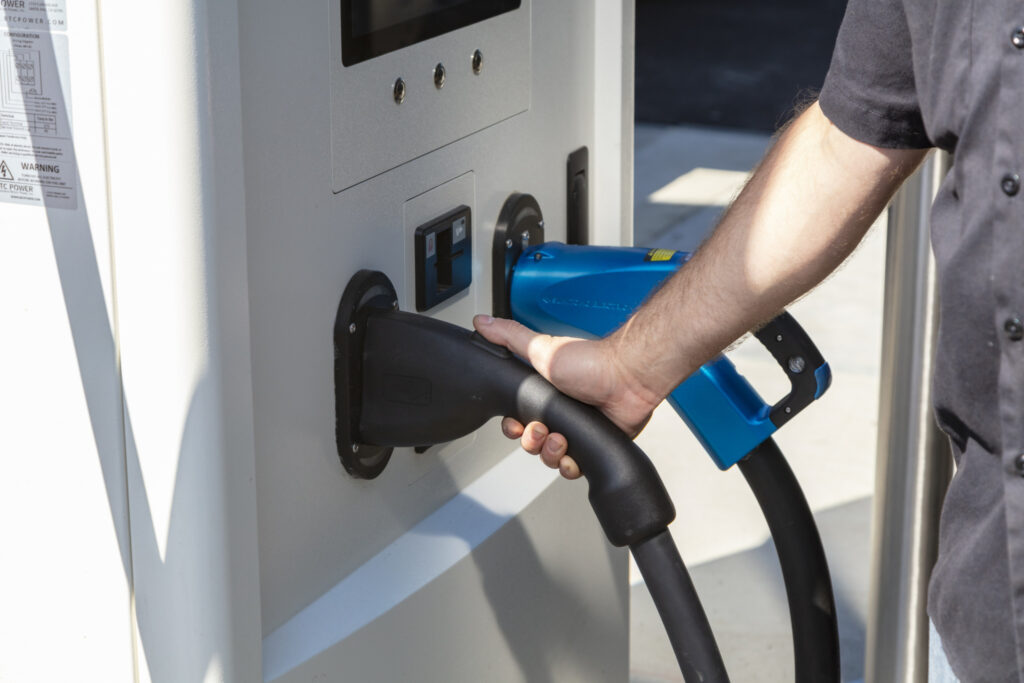Mullen Group CEO expects strong economic recovery post-Covid
The writing is on the wall that once Canada gets the Covid-19 vaccine rolled out, that the economy will rebound strongly.
That’s the view of Mullen Group CEO Murray Mullen, who spoke today with analysts following the company’s first quarter earnings report.
“There is ample evidence to suggest that once the impact of Covid-19 is minimized, the economy will grow quickly,” he said. “You need only to look to the U.S. for guidance on that. The economy is on fire and freight demand has never been better.”
However, he added, “Until the virus is brought under control, nothing is really certain.”
Mullen Group delivered adjusted net income of $11.8 million, up 24.2% year-over-year. Consolidated revenue was down 8.7%, to $290.5 million, with the largest decrease coming from the specialized and industrial services segment. LTL revenue climbed $7.8 million to $120.7 million, while logistics and warehousing slid $4.9 million to $91.3 million.

But having completed two “brand name” acquisitions in recent months – APPS Group and Bandstra Transportation – Mullen feels good about the company’s readiness for an economic recovery.
“We cover virtually every community in Canada from Mississauga-West,” Mullen said.
The APPS acquisition is still awaiting the Competition Bureau’s blessing, but Mullen doesn’t anticipate any problems.
Looking at current market conditions, Mullen said “The consumer reigns supreme.” He added, “Nothing seems to stop the insatiable appetite of the consumer. Even though in-store visits have been disrupted, the ease with which you can buy online has transformed the shopping experience.”
This means more, but smaller packages, delivered direct to households, one of several trends affecting the business. Another trend is a tightening supply chain, resulting from a reduction in manufacturing capabilities related to Covid.
“I personally believe we need to pivot to just-in-case inventory management, which requires a lot of warehousing.”
Murray Mullen, Mullen Group CEO
“Bottlenecks are occurring regularly, putting a strain on just-in-time inventory management,” said Mullen. “I personally believe we need to pivot to just-in-case inventory management, which requires a lot of warehousing.”
The third trend Mullen noted is that Canada is not yet seeing a return of capital investment. This has caused the flatdeck and specialized hauling segments to underperform.
Another trend is an increase in mergers and acquisitions activity in the logistics space. Mullen has also noted a recovery in Canada’s oil and gas industry is in reach, thanks to rising commodity prices.
“It’s only a matter of time before the [oil and gas] service industry sees much better days,” he predicted.
In his most recent guidance, Mullen predicted a slow start to 2021, with a stronger finish.
“I got the first half right,” he joked. “We all need to see Covid stopped in its tracks for a return to full economic growth.”
On managing a broken supply chain, Mullen said costs will be passed along to the consumer and won’t be borne by the company.
“Someone has to pay that cost,” he said of shipping delays, noting ocean freight rates are skyrocketing. “Our job is to price it appropriately. I can tell you my teams are fully aware we are not paying the price of inefficiency in the supply chain. We don’t have control of the supply chain, we have control of our business.”
Mullen continues to be interested in strategic acquisitions, but they must be the right fit. He referred to APPS Group and Bandstra as “brand name companies” that don’t come available very often.
“When they’re there, you have to seize the opportunity,” he said. “Tuck-ins are available every week.”

Asked by analysts what Mullen Group is doing to prepare for a transition to zero emissions vehicles, Mullen said the company is already working with some OEMs to test equipment but is bound by confidentiality agreements. It has already deployed electric Sprinter vans.
“Where we see the real easy wins is in local delivery vehicles. Those will migrate towards hybrid or full-electric vehicles over a period of time,” Mullen said, adding the company is likely to double its spend on alternative fueled vehicles each year. “Most of the delivery trucks we see running around in our communities, those trucks are all going to be hybrids or electric trucks in the future. We are transitioning our fleet to that right now. In the medium-haul lanes, I don’t see electric trucks having that capability yet because the batteries are too heavy.”
In the meantime, Mullen sees shifting more freight to intermodal and handling the final mile delivery with electric trucks as an option that’s viable today.
Have your say
This is a moderated forum. Comments will no longer be published unless they are accompanied by a first and last name and a verifiable email address. (Today's Trucking will not publish or share the email address.) Profane language and content deemed to be libelous, racist, or threatening in nature will not be published under any circumstances.